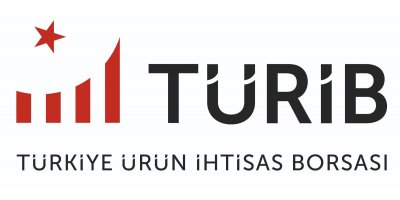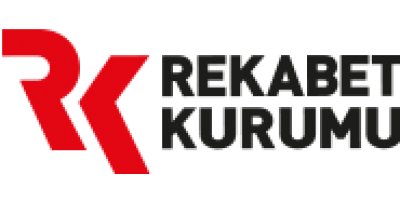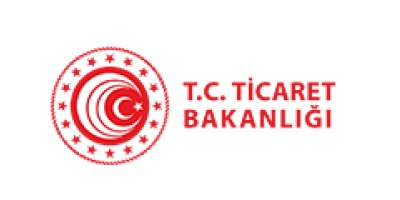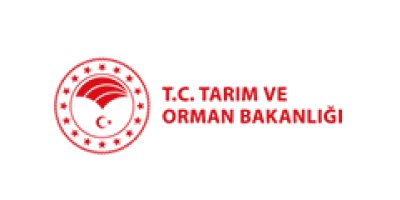19 January 2026 Monday
04.09.2025 While the Turkish Economy Maintains Its Growth Trend, Contraction in the Agricultural Sector Causes Concerns

Aydın Commodity Exchange Chairman Fevzi Çondur, assessing the second-quarter growth figures for the Turkish economy released by the Turkish Statistical Institute (TÜİK), highlighted the concern about the contraction in the agricultural sector while the Turkish economy continues its growth trend and offered solutions. Çondur emphasized the need to accelerate the development of an agriculture-based industry and export-oriented model.
The Turkish Statistical Institute (TÜİK) announced the second-quarter growth figures for 2025. Accordingly, the Turkish economy grew by 4.8 percent in the second quarter of the year, extending its growth trend to the 20th consecutive quarter. However, contrary to the overall economic growth, the agricultural sector continued its contraction trend. After shrinking by 2.0 percent in the first quarter, the sector contracted by 3.5 percent in the second quarter.
The agricultural sector contracted by 3.5 percent in the second quarter.
Aydın Commodity Exchange Chairman Fevzi Çondur stated that the Turkish economy grew by 4.8 percent in the second quarter of the year. He said, “In the second quarter of 2025, the construction sector achieved 10.9 percent growth, while information and communication activities increased by 7.1 percent, the industrial sector by 6.1 percent, trade, transportation, accommodation, and food services by 5.6 percent, professional, administrative, and support services by 5.4 percent, product taxes minus subsidies by 3.0 percent, finance and insurance activities by 2.6 percent, real estate activities by 2.6 percent, and other service activities by 2.1 percent. Household final consumption expenditures increased by 5.1 percent in the second quarter of 2025, while exports of goods and services increased by 1.7 percent and imports by 8.8 percent in the second quarter of 2025.” "Agricultural Input Costs and Climate Risks"
Fevzi Çondur emphasized the need to carefully monitor the contraction in the agricultural sector despite the overall growth of the Turkish economy, making the following assessment: "The costs of our producers' basic inputs (fertilizer, seeds, fuel, etc.) have increased significantly. However, product prices have not increased at the same rate. This situation puts our farmers in a difficult position. This situation is causing producers to withdraw from production. Furthermore, the drought that has intensified in recent years and the frost that occurred in April have negatively impacted agricultural production. Turkey is facing its most severe drought in 60 years. This has caused significant losses, particularly in grain, vegetable, and fruit production. Wheat yields have halved in some regions, and fruit harvests have suffered dramatic losses."
"Structural Problems in Agriculture and the Need for Support"
Çondur also highlighted the structural reasons for the contraction in the agricultural sector, saying, "A large portion of irrigation in Turkey is carried out using surface methods, leading to significant water losses. Uncertainties in agricultural production planning processes undermine the confidence of our producers. Frequent changes in support models complicate long-term investment decisions. The failure of existing support mechanisms to be implemented quickly and widely enough in the field exacerbates the vulnerability of small-scale producers in particular. Agriculture must be supported decisively to prevent our farmers from abandoning production in the face of both high costs and the negative impacts of climate change. Furthermore, planning crop patterns compatible with changing climate conditions is crucial."
"Emphasis on Agricultural Production and Export-Focused Strategy"
Çondur highlighted Turkey's agricultural potential, emphasizing the strategic importance of agricultural production in the face of rising global food demand. He stated, "The global demand for safe and healthy food is increasing daily. In this context, we believe our economic management should strongly support agricultural production and accelerate the development of an agriculture-based industry and an export-focused model."












